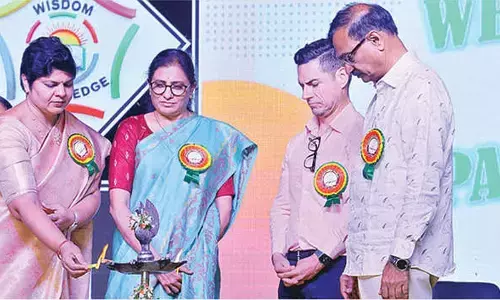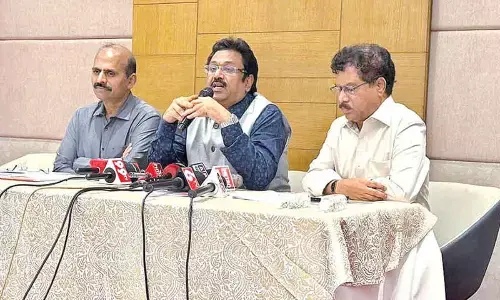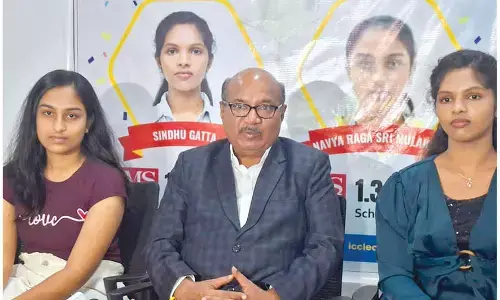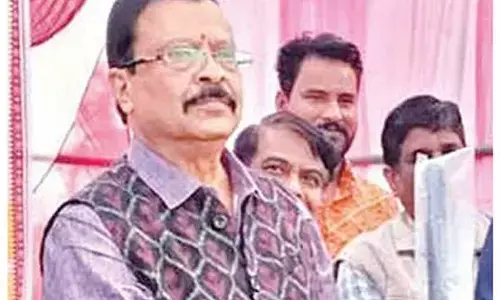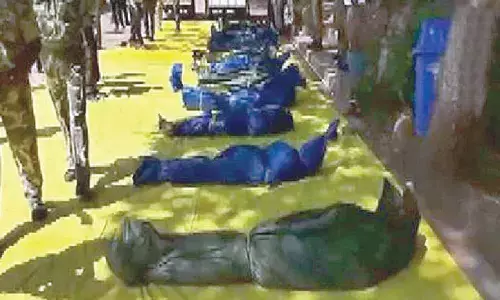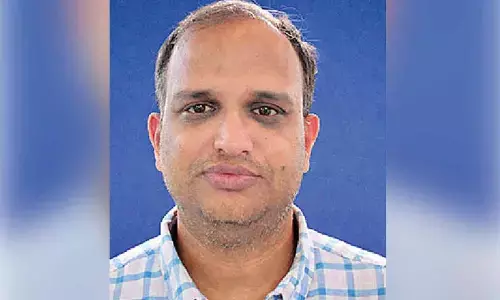Emotional & cultural reflection
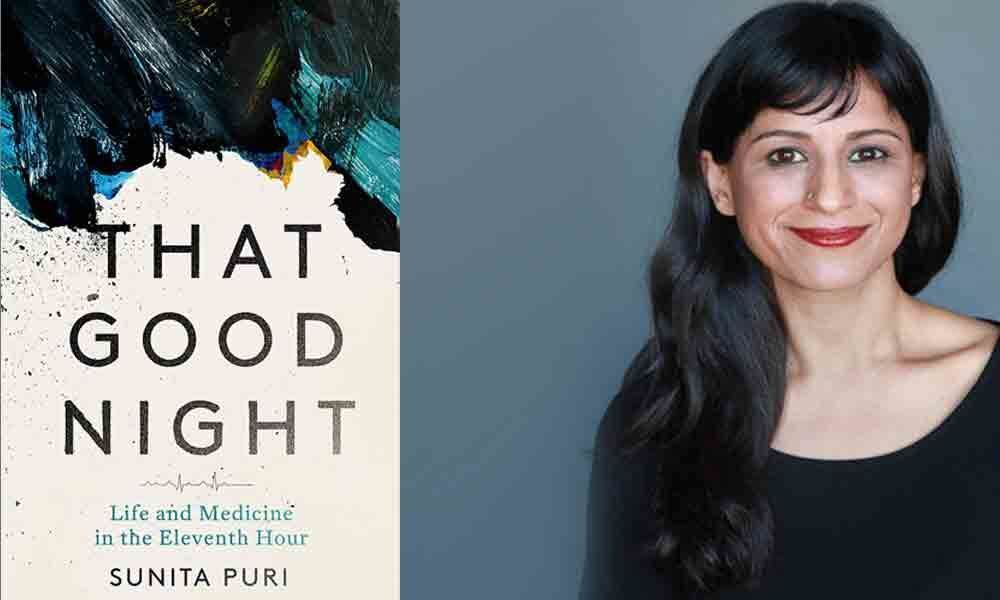 Dr Sunita Puri, Penguin Random House ` 599
Dr Sunita Puri, Penguin Random House ` 599Interweaving evocative stories of Dr Puri's family and the patients she cares for, ‘That Good Night…’ is a stunning meditation on impermanence and the role of medicine in helping us to live and die well
'That Good Night: Life and Medicine in the Eleventh Hour' is a book on one of the most morbid subjects, death and the role of modern medicine in relation to it. Considering how far modern medicine has come in creating a better quality of life, the next bigger question that arises is what happens when modern medicine fails? What should be our last resort and when should we seek it? How do these decisions weigh on our loved ones? In this memoir, Dr Sunita Puri renders a telling of painful yet, beautiful stories of her patients who are terminally ill and sometimes, are at the end of their lives.
Dr Puri offers an emotionally and culturally rich reflection of her deeply personal journey into palliative care by weaving an alluring tale of tender moments in her own life and her journey with her patients. Her narration is compelling and challenging in a way that is bound to make us introspect our own perceptions of mortality and our definition of health care.
Unlike so many other books written by doctors that primarily focus on case studies, Puri gives this one a personalised touch as she elucidates on important anecdotes from her own life. As a woman that draws inspiration from her parents, she writes about the magnitude of their impact in her evolution, both as an individual and as a physician. Some of these stories include ones from her parents' immigration, their thoughts on divinity and spirituality, and her own struggle with life's big questions. The author has done a phenomenal job of making the book so much more about life than about death in describing her viewpoints as a palliative care physician.
Death is universal and that is a fact. Nevertheless, decisions regarding the quality of life when one is at the end of their rope often gives rise to tense conflicts among families. Why does it usually feel so wrong and like an unacceptable solution when palliative medicine is the only choice left? Dying on one's own terms, allowing a person to be comfortable in their own space is far more imperative while taking an executive decision about someone's life. Quality overrides quantity in certain cases. This is the vision that Dr Puri aspires to enable, as opposed to the drawn-out, technologically enabled life support measures that are so often desired by loved ones. This is a profoundly important read for anyone who questions the medical interventions in the final stages. It had a huge impact on my thought process regarding intervention and palliative care. It earns a well-deserved 4.8 stars on a scale of 5 in my bookshelf.








